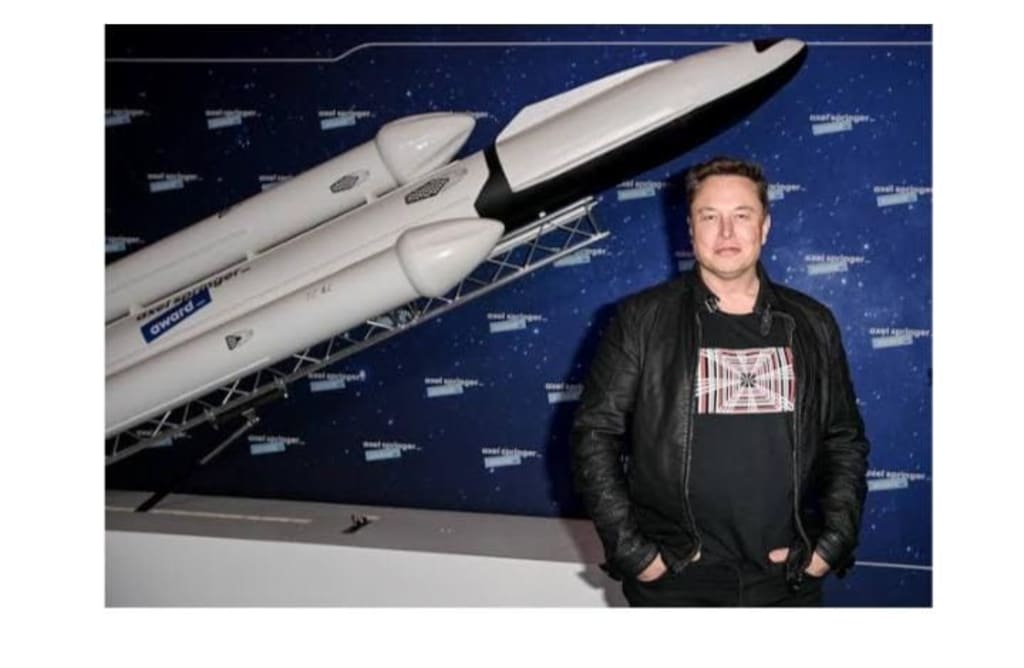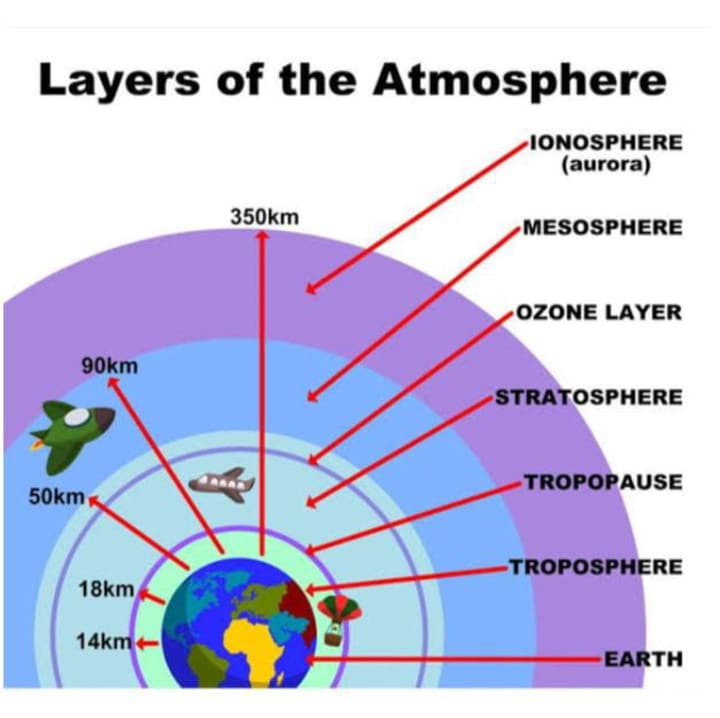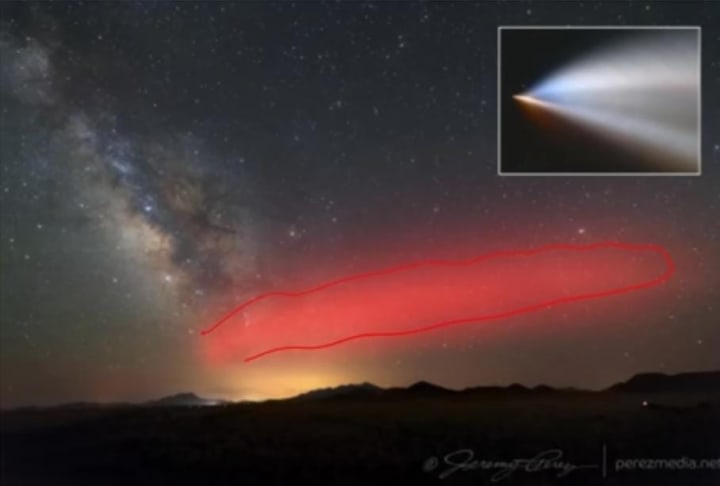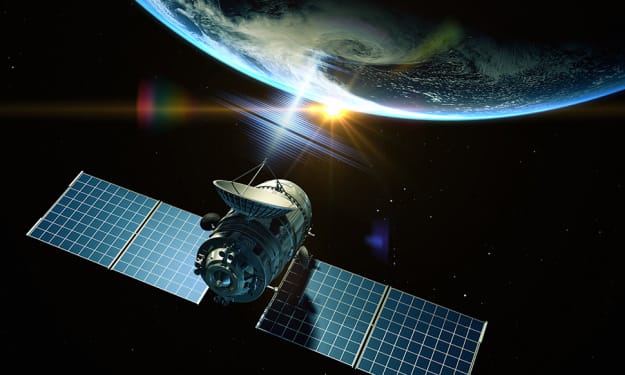Elon Musk’s SpaceX rocket punctures hole in the ionosphere
Elon Musk and SpaceX are again in the news.

So let’s understand What is Ionosphere ?
The Ionosphere is a region where space begins, and the region is filled with charged particles like ions and spans between 50 to 400 miles above the surface. This region plays a critical role in creating auroras during geomagnetic storms as solar plasma reacts with ions producing spectular colours in the sky.

Now a rocket launched by Elon Musk’s SpaceX punched a temporary hole in the ionosphere surrounding our planet, according to a report in spaceweather.com. Falcon 9, a reusable two-stage rocket designed for safe and reliable transportation of payloads and people into Earth's orbit and beyond, was launched from the Vandenberg Space Force Base in California on July 19. The Falcon 9 rocket was launched on July 19 from the Vandenberg Space Force Base in California. The Rocket launched 22 Starlink satellites to orbit 23 July, Sunday and launched the returning rocket on the ship on sea. It plays an important role in atmospheric electricity and forms the inner edge of the magnetosphere. It has practical importance because, among other functions, it influences radio propagation to distant places on Earth. It also affects GPS signals that travel through this layer.
Who Confirmed about the hole?
Photos from the July 19 launch showed a faint red glow was studied by space physicist Jeff Baumgardner from Boston University. After reviewing the footage of the launch he said the red glow indicates that a hole was made in the ionosphere. This is a well-studied phenomenon when rockets are burning their engines 200 to 300 km above Earth's surface," Baumgardner was quoted as saying to spaceweather.com. "I reviewed footage from the July 19th launch. It shows the second stage engine burning at 286 km near the F-region peak for that time of day. So, it is quite possible that an ionospheric 'hole' was made," he added.

But why did this rocket cause the hole?
Due to its low weight, the rocket launched along a vertical path rather than travelling parallel to the surface of the Earth, creating a Shockwave. As a result, it ruptured a hole in the plasma of the Ionosphere.
How can it impact the Earth?
The Ionosphere is important because it reflects and modifies radio waves used for communication and navigation. However, it wasn't too significant at this time, according to Newsweek. But in the future with increasing powerful rockets it’s possible that the impact of launches on the ionosphere may be worsened. In the future, with increasingly powerful rockets, it's possible that the impact of launches on the ionosphere may be worsened, leading to more significant impacts on GPS.
"Humans are entering an era that rocket launches are becoming usual and frequent due to reduced cost by reusable rockets," Lin said. "Meanwhile, humans are developing more powerful rockets to send cargo to other planets. These two factors will gradually affect the middle and upper atmosphere more, and that is worthwhile to pay some attention to."
And this is not the first time a similar event involving the same rocket happened earlier too. According to Science Times, Falcon 9 was launched from Vanderburg Space Force Base carrying a FORMOSAT-5 payload on August 24, 2017. Last year, a SpaceX rocket created a 'space jellyfish' fireball above South Carolina. Misty lights in the sky have been spotted many times previously, just after the launch of SpaceX rockets. Musk also posted such a picture of the lights over Los Angeles last year. It is because fast-moving rockets and their exhaust fumes alter the ionisation of the ionosphere. Rockets spray out water and carbon dioxide as they travel, which can decrease local ionisation by up to 70%.
Follow Me for more such articles and writeups!
About the Creator
Mansi Vyas
Hey! I am Mansi Vyas a student of Economics and Analytics in Narsee Monjee College of Commerce and Economics. I am fun loving, Music passionate and Nature lover





Comments (2)
Informative blog
Do Share this article!